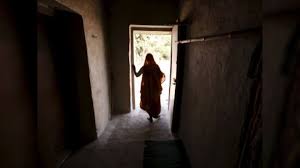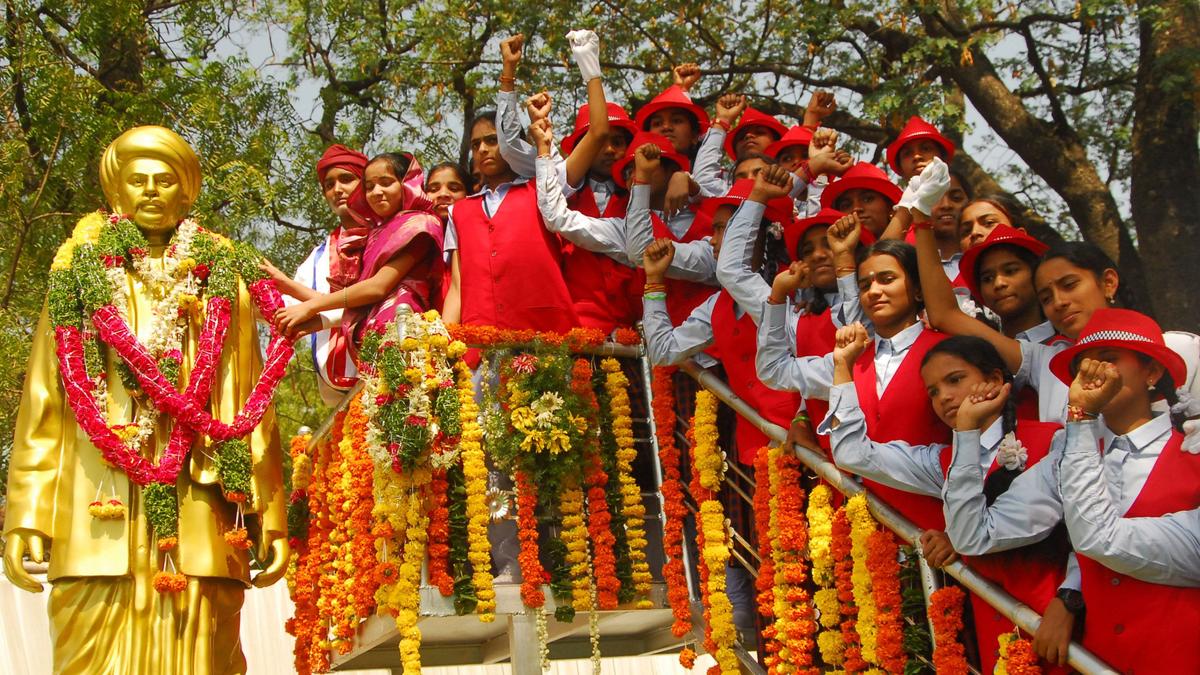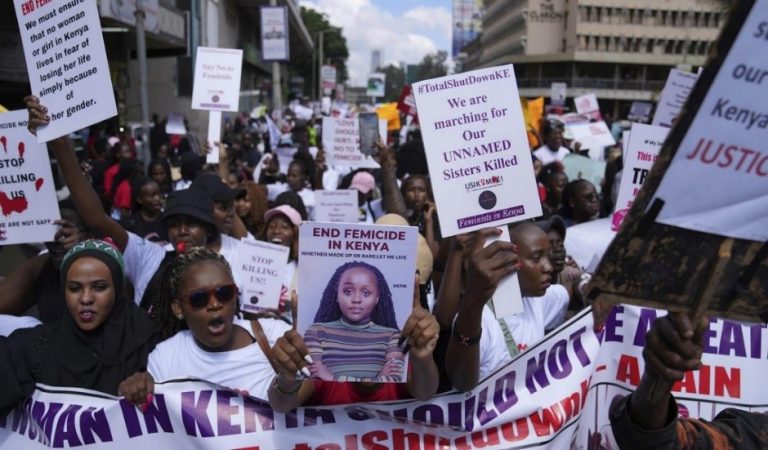Protection of Civil Rights (PCR) Act

- 18 Jul 2025
Context:
The Protection of Civil Rights (PCR) Act, 1955, a legislative tool to eliminate untouchability as mandated under Article 17 of the Indian Constitution, remains grossly under-implemented. The 2022 report by the Ministry of Social Justice and Empowerment paints a dismal picture of enforcement, revealing structural deficiencies in India's pursuit of social justice, cultural preservation, and inclusive development.
Despite the Act’s objective of eradicating untouchability—manifested in denial of access to public spaces, religious institutions, and essential services—there has been a sharp decline in First Information Reports (FIRs) over the years. Only 13 cases were registered in 2022, compared to 24 in 2021 and 25 in 2020. Alarmingly, no State or Union Territory has declared any area as “untouchability-prone,” raising concerns over administrative apathy and underreporting.
The judicial and police response has been equally lackluster. Out of 1,242 cases pending trial under the PCR Act in 2022, over 97% remain unresolved. Out of 31 cases disposed that year, 30 ended in acquittal, with only one conviction, reflecting a near-total failure in ensuring accountability. Similarly, of the 51 cases pending with police, chargesheets were filed in just 12. This highlights serious procedural and evidentiary lapses, lack of capacity, and perhaps, implicit biases in law enforcement and judicial systems.
In contrast, cases under the Scheduled Castes and Scheduled Tribes (Prevention of Atrocities) Act, 1989 (PoA Act) have shown an increasing trend, suggesting better awareness and enforcement. This disparity calls for equal policy attention to the PCR Act, especially considering its centrality in upholding the constitutional promise of equality and dignity.
What makes the findings even more concerning is their impact on India’s cultural and linguistic diversity. Many communities that are victims of untouchability also belong to linguistic or tribal minorities. These include speakers of endangered languages, regional dialects, and culturally distinct groups. The systemic neglect of untouchability cases undermines not just civil rights but also the preservation of traditional knowledge systems, oral histories, and linguistic secularism enshrined in Article 29 of the Constitution.
The absence of proactive policy measures—such as identification of vulnerable zones, awareness programs, legal aid, or cultural inclusion initiatives—threatens the composite culture of the nation. Moreover, the decline in registration indicates a lack of trust in legal redressal mechanisms and failure to empower marginalized communities through effective grievance redressal.
To address these challenges, a multi-pronged strategy is essential. This includes:
- Strengthening special courts and fast-tracking trials under the PCR Act.
- Capacity-building and sensitization programs for police and judiciary.
- Empowering local governance institutions to report and act on untouchability practices.
- Implementing UNESCO-backed initiatives to preserve linguistic heritage.
- Introducing language training and interpretation services to reduce communication gaps.
- Leveraging multilingual education policies to integrate cognitive development with cultural preservation.
In conclusion, the declining efficacy of the PCR Act undermines India's constitutional ethos of equality, fraternity, and cultural integration. A robust, inclusive, and culturally sensitive legal framework is imperative to protect the rights of the marginalized and to uphold the pluralistic spirit of the Indian nation.
Jyotiba Phule: Pioneer of Social Justice and Emancipation

- 13 Apr 2025
Introduction:
Jyotiba Phule (1827–1890) stands out as one of the foremost social reformers of 19th-century India, whose contributions to education, caste reform, women's rights, and rationalist thought continue to influence contemporary debates on social justice.
Born into the Mali casteinMaharashtra, Phule’s awakening began in 1848 after facing caste-based humiliation at a Brahmin wedding. That same year, inspired by Cynthia Farrar (a Christian missionary) and rationalist Thomas Paine, he and his wife Savitribai Phule established India’s first school for girls. By 1851, they had opened 18 schools, and later, night schools for workers and women—challenging both gender and caste hierarchies in education.
Phule’s activism extended beyond education. In 1873, he founded the SatyashodhakSamaj (Society of Truth Seekers), an organization aimed at eradicating caste-based oppression and challenging Brahminical dominance. His work Gulamgiri (Slavery) (published in 1873) likened the condition of Dalits and Shudras to that of African-American slaves, emphasizing systemic subjugation through religious orthodoxy.
Phule argued for compulsory primary education, particularly for the rural poor. In his Statement to the Education Commission, he recommended scholarships, annual prizes, and mandatory schooling up to age 12, noting that agricultural poverty kept children away from education.
In his agrarian treatise ShetkaryancheAsud (Farmer’s Whip), Phule proposed:
- Employing army personnel in public works like dams and bunds.
- Returning village pasture lands from the Forest Department.
- Importing cattle for meat to preserve draught animals crucial to agriculture.
These proposals reflected his commitment to economic upliftment of farmers and sustainable agricultural practices.
Phule’s spiritual views evolved toward rational humanism. Though he respected the equality-based ethics in Islam and Christianity, his final philosophical work, Sarvajanik Satya Dharma Pustak, rejected all sectarian religious texts and called for a universal spiritual order. He questioned caste sanctity, ridiculed the notion of sacred superiority, and criticized the irrationalities in scriptural justifications.
He strongly supported women’s rights, defended PanditaRamabai’s conversion, and denounced polygamy, arguing for gender parity in both religious and social spheres. He wrote, “How would men feel if women married more than one man?”
Despite opposition from Bal Gangadhar Tilak and orthodox Hindu nationalists, Phule remained focused on uplifting the oppressed, even bailing Tilak out of jail at one point—illustrating his commitment to justice over personal differences.
Phule’s legacy remains crucial in modern India’s quest for social equity. His efforts to democratize education, dismantle caste, and promote inclusive governance laid the groundwork for India's later constitutional and social reforms.
UN Women’s Report 2025

- 12 Mar 2025
Context:
Marking the 30th anniversary of the Beijing Declaration and Platform for Action (1995)—a landmark global framework for achieving gender equality—the UN Women’s Report 2025 presents a sobering assessment of the status of women’s rights worldwide. Released ahead of International Women’s Day 2025, the report reflects a disturbing pattern: while there has been measurable progress, recent years have witnessed an alarming backlash against gender equality in many parts of the world.
Key Findings
- Backsliding of Women’s Rights: Nearly one in four countries reported a backlash against women’s rights, often linked to democratic erosion and rise of authoritarian or conservative forces. The report warns of "anti-rights actors" systematically working to undermine legal and policy gains made over decades.
- Escalation in Gender-Based Violence
The world continues to grapple with high levels of violence against women:
-
- A woman or girl is killed every 10 minutes by an intimate partner or family member.
- Conflict-related sexual violence has risen 50% since 2022, with 95% of victims being women and girls.
These trends point to both persistent patriarchal norms and the failure of protective systems, especially in conflict and humanitarian settings.
- Legal and Political Disempowerment
Despite notable legislative progress:
- Women globally have only 64% of the legal rights enjoyed by men.
- Only 87 countries have ever had a female head of state.
- Women occupy just 26% of parliamentary seats, even though this figure has doubled since 1995.
These gaps reflect the structural barriers and gender biases embedded in political systems and governance.
- Economic and Health Inequities
- 10% of women and girls live in extreme poverty.
- Young women (ages 15–24) face limited access to family planning, impacting health and autonomy.
- Maternal mortality has remained stagnant since 2015, reflecting uneven healthcare access.
Positive Developments
Despite the challenges, there are signs of progress:
- 88% of countries now have laws against violence towards women.
- Most countries have banned workplace discrimination.
- 44% of countries are working to improve education and training for women.
- Female legislative representation has more than doubled since 1995.
UN Women’s Roadmap for Gender Equality (2030)
To address setbacks and accelerate progress, the report outlines a five-pronged strategy:
- Digital Inclusion – Ensure equitable access to digital technologies.
- Social Protection – Invest in universal healthcare, education, and safety nets.
- Zero Gender-Based Violence – Strengthen laws, services, and public awareness.
- Equal Decision-Making – Promote women's leadership in all sectors.
- Gender-Sensitive Crisis Response – Integrate gender priorities in humanitarian aid.
Conclusion
The UN Women’s Report 2025 underscores a critical paradox: legal and policy advancements coexist with deep-rooted inequalities and growing resistance to gender justice. As UN Secretary-General António Guterres aptly noted, “Instead of mainstreaming equal rights, we’re seeing the mainstreaming of misogyny.” Achieving SDG 5 (Gender Equality) by 2030 demands sustained political will, democratic resilience, and transformative reforms. For India and the global community, this is both a warning and an opportunity—to reaffirm their commitment to gender justice and inclusive development.
